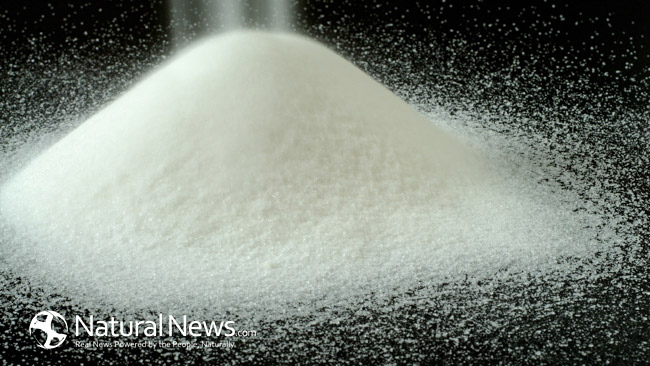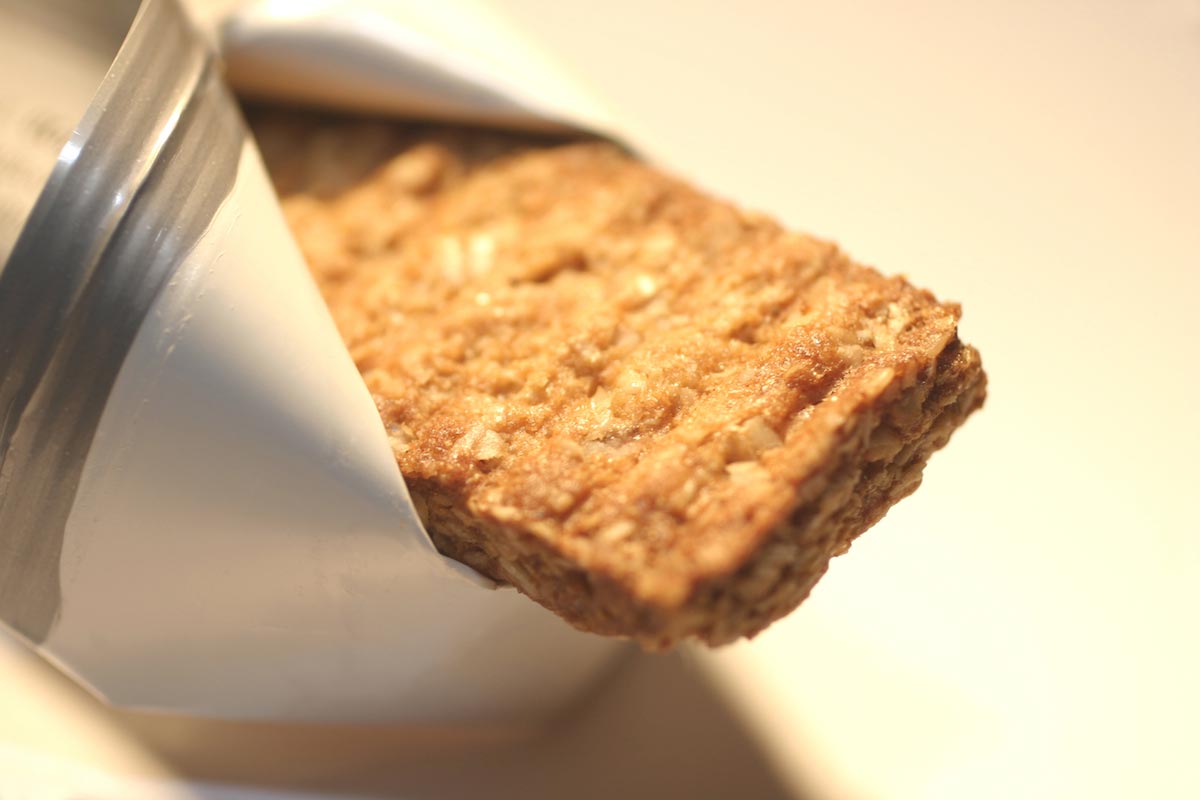Eating sugar substantially increases your risk of osteoporosis
04/07/2019 / By Michelle Simmons

Consumption of sugar has been linked to various health problems, such as diabetes and cancer. New research revealed that consuming refined white sugar can increase your risk of osteoporosis, a condition characterized by brittle bones that easily break.
Researchers looked at the effects of table salt and white sugar on the development of osteoporosis. Salt or sodium has long been believed to be a risk factor for osteoporosis, but the researchers found otherwise. In their review published in The Journal of the Missouri State Medical Association, it was revealed that sugar was the real culprit.
They reported that sugar induced inflammation, increased renal acid load, and raised insulin levels. At the same time, it decreased calcium intake and increased calcium excretion. From these findings, they concluded that consuming too much sugar results in the releasing of calcium and magnesium from bones, which increases the risk of osteoporosis.
Other ways that refined sugar harms the bones
Previous research showed that refined sugar can cause dramatic spikes in blood sugar levels as it is quickly absorbed by the body. Apparently, the body reacts to blood sugar spikes by leaching essential calcium from the bones, which leads to increased urinary excretion. In addition, sugar interrupts the absorption and transportation of calcium, the conversion and absorption of bone-building vitamin D, as well as the activation of a specific enzyme needed for the formation of new bone.
Furthermore, sugar boosts the production of lactic acid in bone tissue and disrupts the activity of osteoblasts, which are specialized cells that build bone. Sugar also increases the production of cortisol, also known as the stress hormone. High levels of cortisol can trigger osteoporosis.
Reducing your sugar intake
Here are some tips on cutting down sugar.
- Switch to water: Instead of drinking sugar-sweetened beverages like soft drinks and sports drinks, drink good old water. For some flavor, you can add lemon slices or berries and even mint leaves.
- Avoid adding sugar to your food or drink: Do not add table sugar and syrup to your food and drinks like cereal, pancakes, coffee, and tea. Instead, try adding fresh fruits like bananas and cherries or dried fruits like raisins and cranberries to your cereal or oatmeal.
- Avoid canned fruits: Canned fruits contain high amounts of syrup. It is best to eat fresh, frozen, or dried fruits.
- Try extracts: You can also use extracts such as almond, lemon, orange, or vanilla instead of sugar in recipes.
- Avoid products with added sugars: Foods that typically contain added sugars include bread, cakes, candies, ice cream, jams, and pizza. You may have had added sugars without your knowledge because they hide behind many names. They can be in the form of brown sugar, raw sugar, corn syrup solids, corn sweetener, fructose sweetener, high-fructose corn syrup, liquid fructose, malt syrup, and sorghum. Other names for sugar include dextrose, dextrin, sorbitol, and sucrose. (Related: Buyer beware: Products claiming “no added sugar” are not necessarily healthier or lower in calories.)
- Avoid artificial sweeteners: Artificial sweeteners have been linked to various health problems like cancer and increased triglyceride levels. Avoid aspartame, acesulfame potassium, saccharin, and sucralose.
In addition to reducing your risk of osteoporosis, eliminating added sugars from your diet can also make your skin younger-looking, boost your energy, help you lose belly fat, lose weight faster, and lower your risk of Type 2 diabetes and other diseases such as cardiovascular disease.
Sources include:
Tagged Under: added sugar, artificial sweeteners, bone health, Bones, disease risk, Diseases, food science, grocery, ingredients, osteoporosis, refined sugar, research, sugar, sugar addiction, sweeteners, toxic ingredients

















